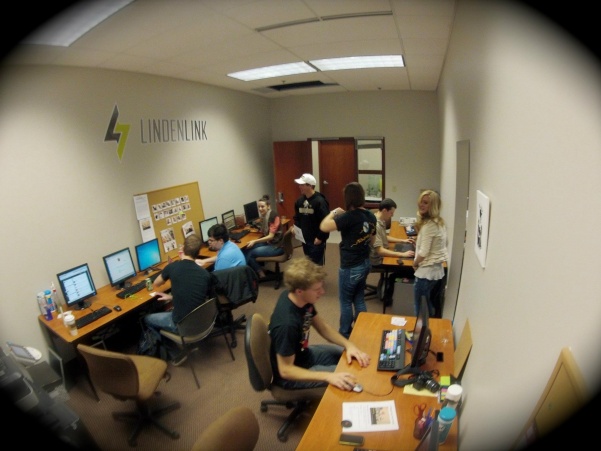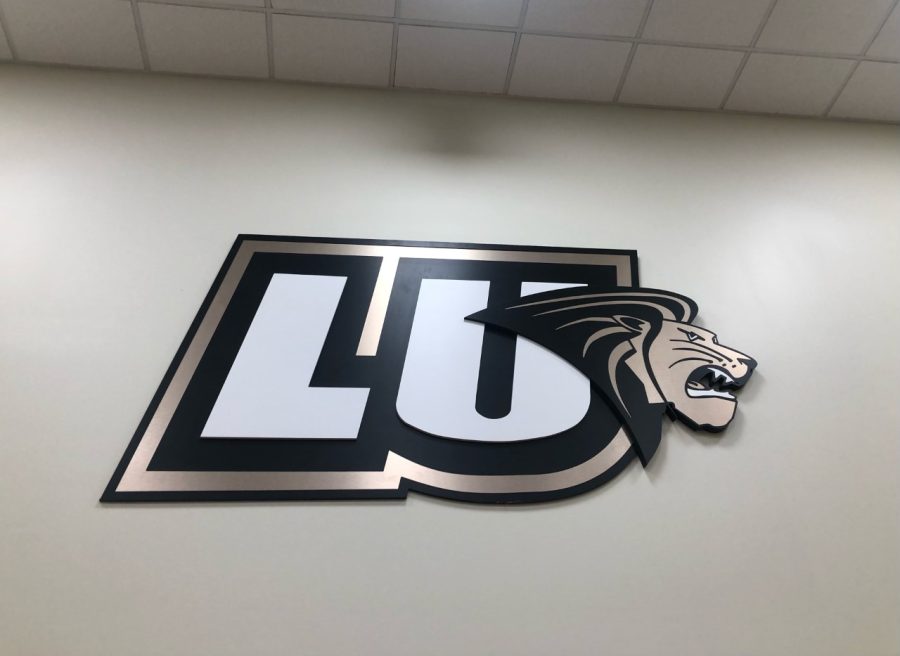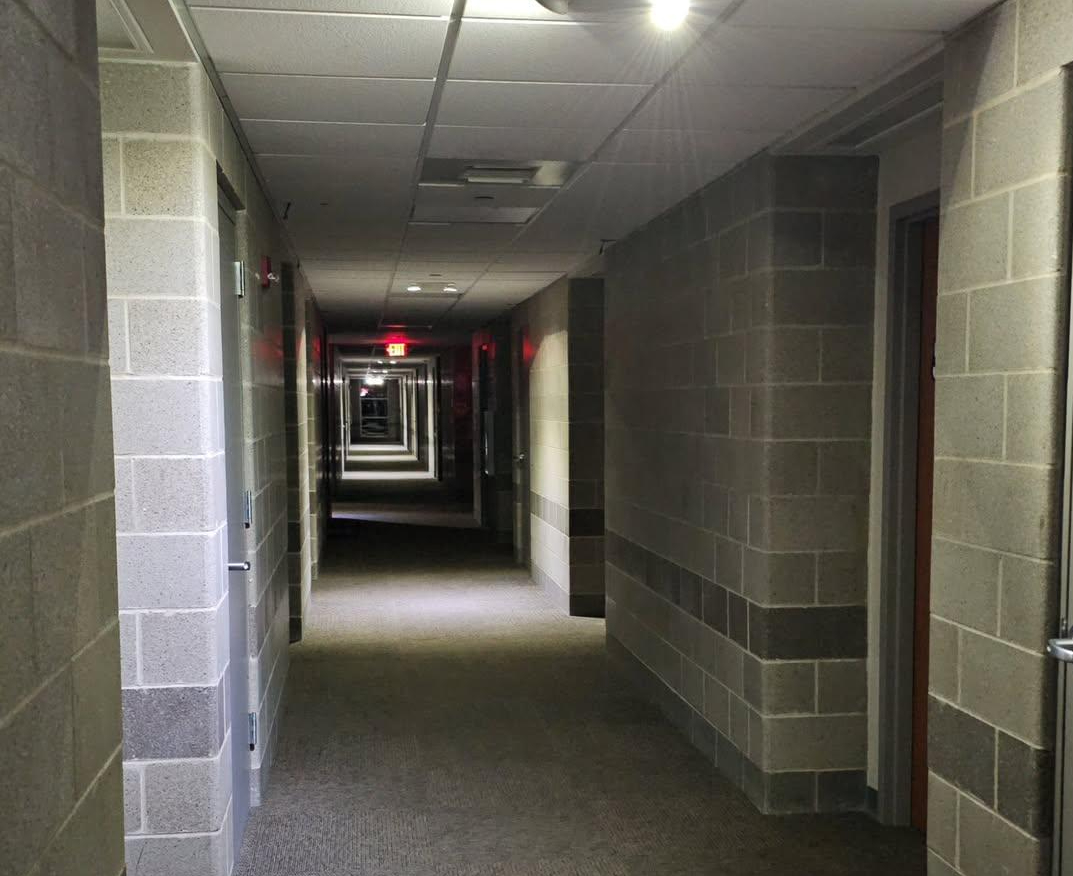MADELINE RAINERI | News Editor
The reaction by Lindenwood journalism alumni to the decision to stop the print publication for student media has been swift and unanimously negative.
“To say that I’m appalled and utterly disappointed by this decision is an understatement,” said Viki Muench, who was the editor-in chief of the Legacy in spring 2016.
The reactions came after learning Friday afternoon that the administration was cutting off funds to print Legacy magazine . The decision was announced to the student staff by Dr. Joseph Alsobrook, dean of the School of Arts, Media and Communications.
“What about future students?” asked Emily Adair, another former Legacy editor-in-chief who is now freelancing as the Special Sections Editor of the Observer newspaper in La Grande, Oregon.
“I chose Lindenwood because the school of communications was all about a rounded experience,” she said. “I wasn’t just getting a liberal arts education, I was getting real-world experience with all types of media. My class assignments were produced with the goal of being published in print, online and on television. I would never have chosen to spend thousands of dollars at a school that didn’t give me all those experiences. I doubt future students will either.”
Her sentiments were echoed by more than a dozen alumni who noted in email and Facebook messages that this decision will impact Lindenwood’s efforts to recruit future journalism students immeasurably.
“Why I initially chose Lindenwood was because of the hands-on opportunities the department offered from the online publication Lindenlink.com to LUTV station, radio station KCLC and the print publication the Legacy,” said Essi Auguste Virtanen of Finland, who was editor-in-chief when the Legacy switched to a magazine from a weekly newspaper in October 2017.
“It is all the experience I got that made me confident to hit the industry when I graduated, and hearing they cut the magazine makes me extremely concerned. To end the print publication means not only the students’ learning experience suffers greatly, but so will the department’s ability to win over new possible students,” she said.
Former staffers of the Legacy/Lindenlink also said the decision could hurt the current and future journalists at Lindenwood professionally.

“I would not have gotten the job I have now if it wasn’t for my experience with the print edition of the Legacy,” said Phil Scherer, a 2017 graduate who was both a sports editor and the managing editor for the Legacy/Lindenlink at various points during his college tenure.
Scherer is now a sports editor at the Los Alamos Monitor, a newspaper in New Mexico, and believes that the value the Legacy provided to his educational and professional growth came largely from the skills he was able to develop while working on a print publication.
Muench, who came to Lindenwood from Germany, said more than 3,000 newspapers are still printed across the U.S. today and her work at the Legacy helped her to “refine” her skills, which ultimately led to her becoming a journalist in New York City.
“Working for a newspaper or magazine is about so much more,” she said. “It’s about that feeling of seeing your name being printed in a newspaper for the first time, which can’t be compared to anything. It gave me the feeling of success and accomplishment and lit a spark in me that made me say, ‘I have finally found my passion. I finally know what career path I want to take.'”
Virtanen said when she saw people holding the magazine all over campus, it proved that magazine made a difference in the university community, which is what journalists hope for.
Former staff members also questioned the legitimacy of the reasoning given by the administration for cutting funding. Alsobrook cited a review of the journalism department from 2016 when Jill Van Wyke from Drake University — which currently produces five magazines — visited the campus.
The review recommended that the student media incorporate more multi-media elements but didn’t mention discontinuing the print edition.
The seven paid staff members do not have the resources to sell enough advertisements to fund the magazine on their own and the administration knows this, she said, so any decision to cut funding to the publication is a “defacto shutdown.”










